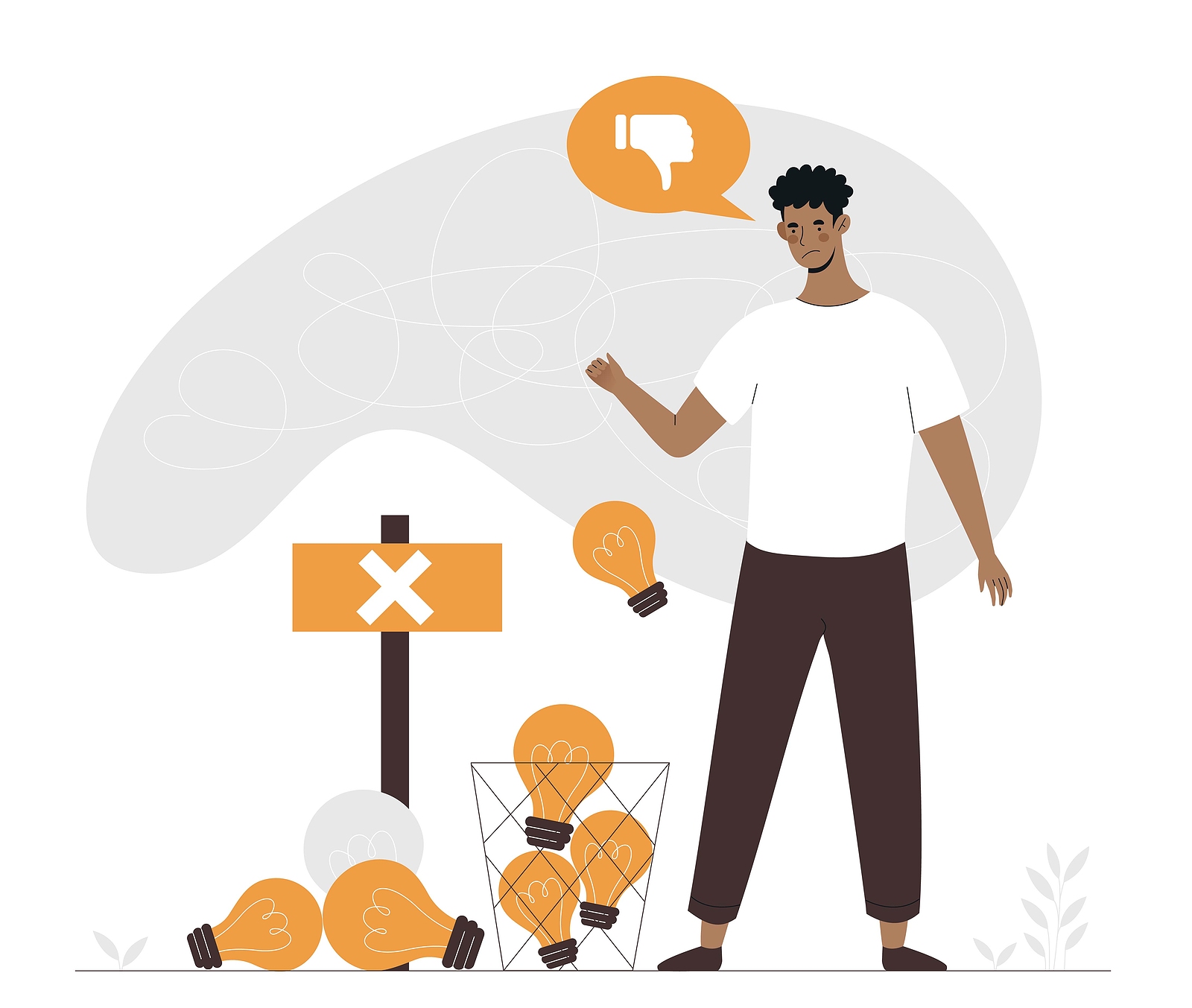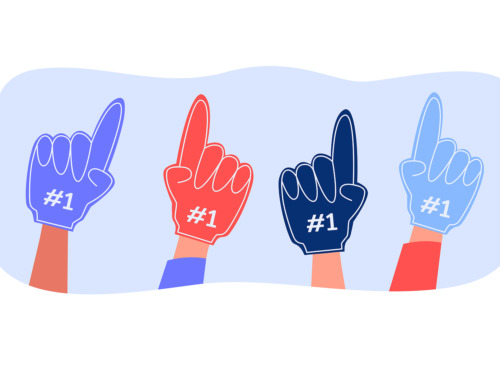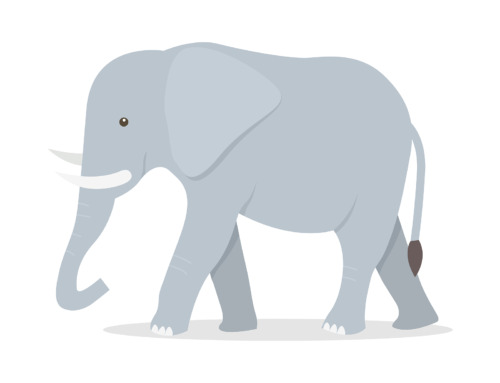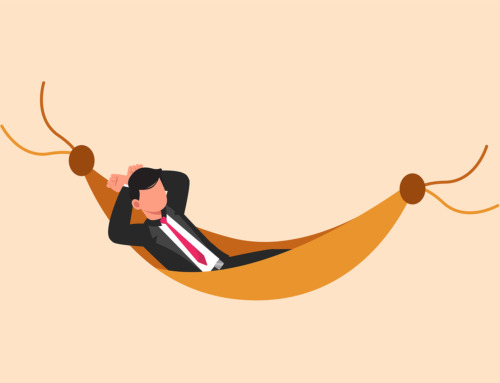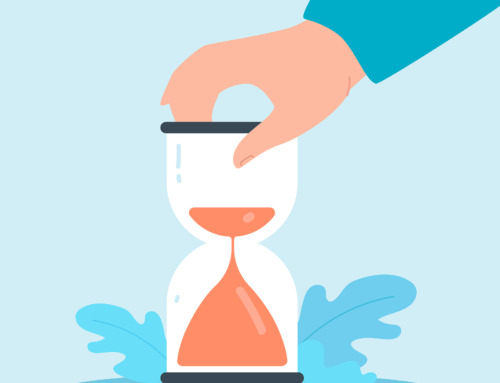For the past two decades, I’ve been the go-to communications coach for world leaders, CEOs, philanthropists, and innovators—helping them unleash their true potential and propel their businesses forward. I’ve had the privilege of coaching remarkable individuals, from securing the 2016 Summer Olympics for Rio to working with tech giants and inspiring change makers at events like the Clinton Global Initiative and the Commonwealth Games Federation.
Here’s the surprising thing I’ve discovered in my career: When making the asks that will move your career, business, and life forward, the goal is not always about getting a “yes.”
Before I get going, I need to say I’ll be talking about money and asking in this article, but money is a metaphor. You will make all kinds of asks in your career. Maybe your asks are about job titles, or connections, or access, or visibility, or responsibility. All of them will help you move toward your goals. So, let’s start with money, then you can apply this advice accordingly even if compensation or cash isn’t part of your ask.
I’ve been out “on my own” for most of my career. That means I’ve written a lot of proposals. And when I say, “a lot,” I don’t mean a handful. I mean thousands. More than I care to count. I’ve got a lot of experience with proposals and negotiating, and I’m pretty good at it.
But what I’ve learned from my long, independent career is that most of us go after the wrong thing. We pursue the “yes.” Now, I know what you’re thinking. The ‘yes’ is the wrong thing? What does that even mean? How could a ‘yes’ be bad?
The “yes,” and especially the “quick yes,” is a trick. It tricks us into leaving money and opportunity on the table. We go after the “yes” because it feels guaranteed. And when we get it, it feels good. The “yes” is validating. It tells us we’re on the right track. It feels good to our egos. It smiles at us and says, “Good job, they wanted you!”
But what that “yes” isn’t telling us—unless we reflect for a moment— is that we’ve left something on the table. That we could have asked for more, even just a little.
If you’re ready to explore closing that gap between what you get and what’s possible, ask yourself, “What do I think they’d definitely say no to?” Ask for that and negotiate from there.
Go for the “no.”
Why don’t we pursue the “no?” Because we believe the “no” means bad things.
Like:
The “no” is a signal that I stepped out of turn.
The “no” means I’m not worthy of the ask I made.
The “no” means I’m really not good enough.
The “no” means I broke something.
We tell ourselves a lot of stories about what the “no” means so we avoid it. We stay away and decide before we even ask what they’ll say no to. So, we carve our asks down into their kinder, gentler version until they fit just right into a guaranteed yes.
Most of all, we believe that the “no” is the end of the conversation, but it’s not. Not when you’re in the right market and your asks, even big ones, are to folks and causes and networks who are aligned with what you’re doing in the world. When you’re making a big ask to an organization or audience who are right for you, “no” isn’t the end—it’s the beginning. The beginning of a conversation and adventure that will yield the full potential of the ask you made.
And that is a thrill. An energy-producing, potential-maximizing thrill that will let you know you’ve left nothing on the table. And that’s what I want for you. To know you’ve left nothing on the table. I want for you to get more so you can be more, grow more, impact more, and fulfill your own potential.
So instead of designing an ask to get that yes, do this instead:
Know: Get clear and concrete about what you’re asking for.
Think: “How might I make this ask big enough it threatens getting a no?”
Ask: Make the ask that threatens a no.
Talk: When you get that “no”, get curious about what your audience wants and what they might say yes to- negotiate down from there.
But how do I take that kind of risk, you ask? Fall in love with your goals more than you despise rejection. When you do that, you can ask for more and get it.

